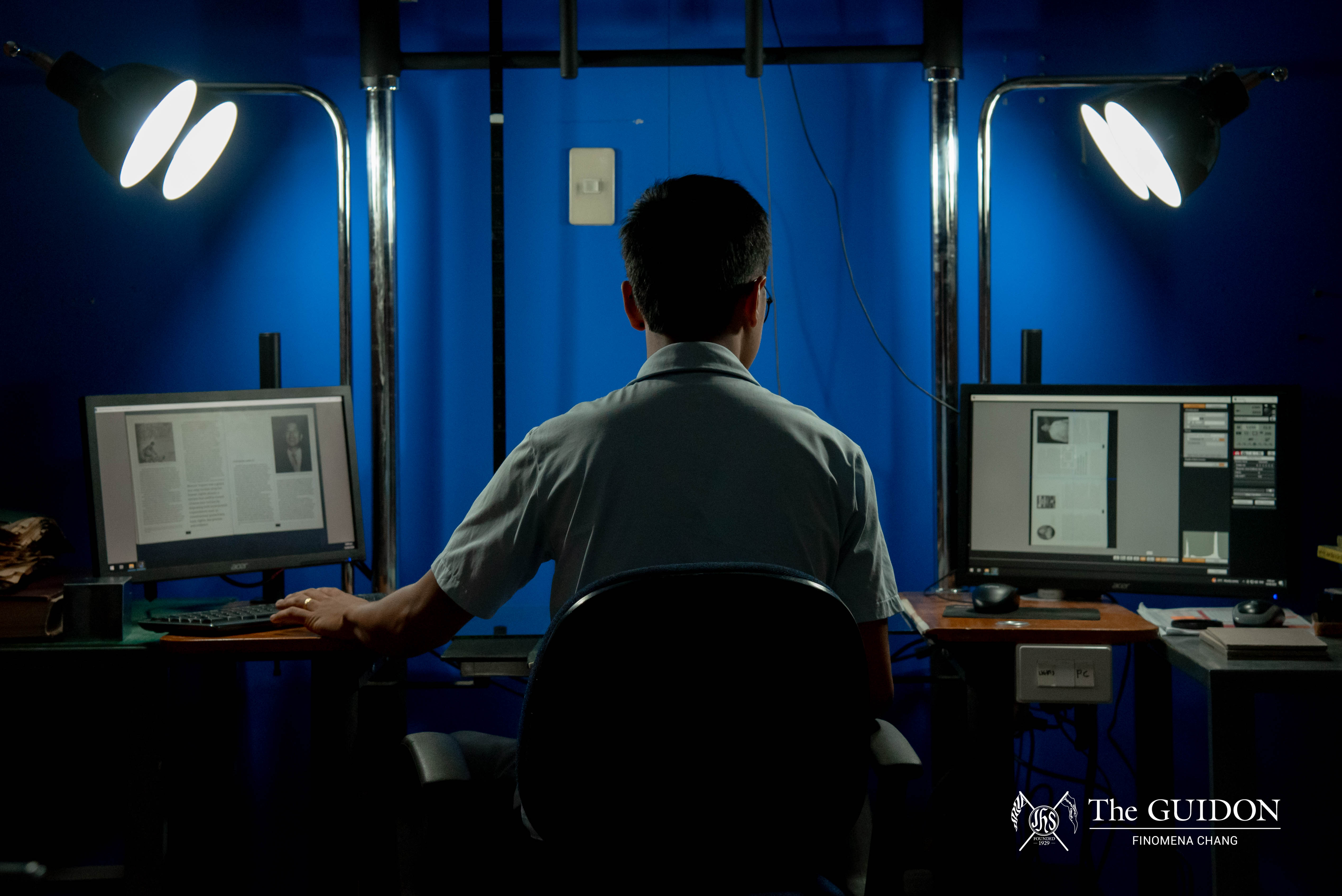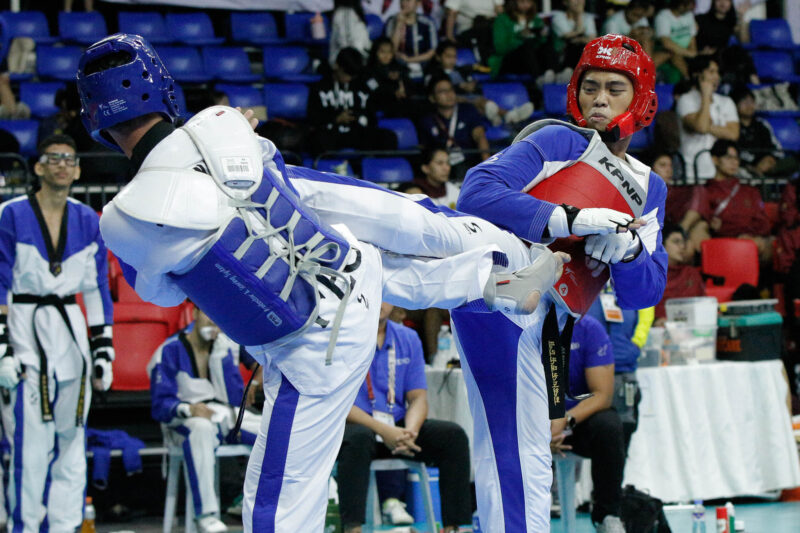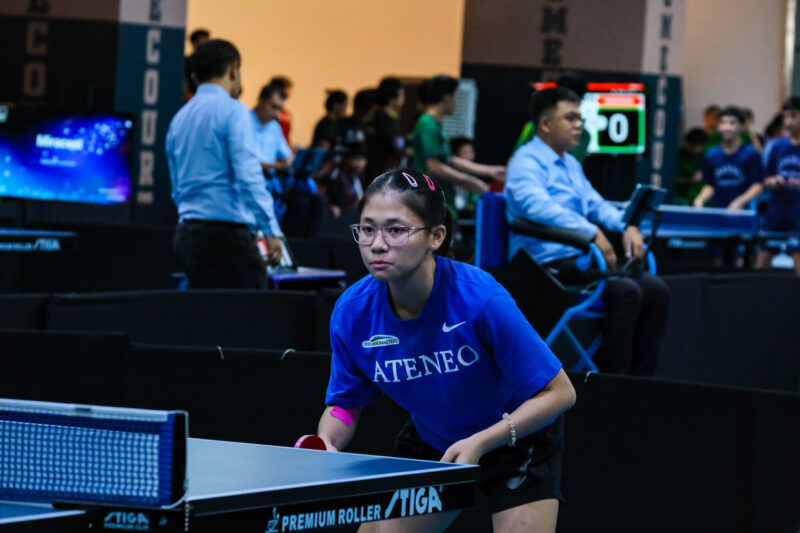AS VICTIMS’ stories fade, the second Marcos administration introduces narratives that distort generational memories but gain traction among Filipinos all the same. With considerable funds, resources, and time at their disposal, the Marcos family has worked strategically to reshape the collective memory of their relentless rule.
Amid efforts to glorify the country’s Martial Law period, writers and archivists fight to preserve the memories of this dark moment in Philippine history.
History hacked
The Marcos family’s attempts to recast the Martial Law era have favorably been marred in controversy. President Ferdinand “Bongbong” Marcos Jr.’s refusal to apologize to the victims of his father’s Martial Law, coupled with broader efforts to downplay the era’s atrocities, raised alarm among historians, educators, and activists.
Furthermore, Senator Imee Marcos also defended the family’s stance, arguing that they are not admitting to any crimes or engaging in “historical revisionism,” but are merely sharing their own version of the events from her father’s presidency.
While justifying the outright imposition of Martial Law remains challenging, the family has found it easier to instead promote questionable achievements in reduced crime and a booming export economy—symbols of a supposedly “better” time.
However, the legacy of these claims is clouded by the education system’s struggle to convey the true impact of Martial Law. Educational materials often frame Martial Law as a period focused on strengthening presidential power, neglecting the abuse and violence that accompanied it.
This revisionist approach is further compounded by the Marcos family’s efforts to influence educational content, with Bongbong Marcos accusing critics of propagating “lies” as a tactic to obscure the historical truth.
Alvin Cabalquinto, a senior fellow from the Ateneo Martial Law Museum and Library (AMLML), highlights an existing stark difference between reclaiming overlooked aspects of history through rigorous verification and the outright distortion of historical facts.
“If a person actually says something that’s not factual or counterfactual, the archives are there and it will always be an important institution,” Cabalquinto states.
The role of archives becomes even more critical in the face of historical distortion, which not only erases memories but actively replaces them with alternative narratives. As these narratives gain traction, efforts dedicated to preserving the truth become increasingly vital.
Legacy for tomorrow
Despite the diligent efforts of archivists to safeguard these recollections, the process remains slow, and the challenge of preservation becomes increasingly urgent. Each passing year heightens the risk of losing irreplaceable firsthand accounts, exacerbating the difficulty of maintaining an accurate historical record.
Tommy Dela Cruz, a librarian and member of the Microform and Digital Resources Center at the Rizal Library, expresses that a major challenge in archival preservation is balancing the physical safeguarding of documents with the increasing demand for digital access. As archival institutions struggle to maintain aging infrastructure, the push for digitalization may outpace the capacity to execute archiving effectively.
Another challenge in archival preservation is the concentration of Martial Law documents in Manila. With much less representation from less accessible regions, this imbalance in geographic representation leaves significant gaps in the country’s historical record.
In addition to broadening the geographical scope of archival materials, Cabalquinto highlights the importance of diversifying the types of evidence and documentation available. “How do we diversify the collection? When we talk about archives, [the first thing that comes to mind is] it’s mostly documentary sources,” he states.
While the range and various forms of proof are essential, Cabalquinto also emphasizes that the Digital Library’s efforts must be guided by its mission to engage the public in meaningful dialogue and foster a deeper understanding of Martial Law.
“We cannot just upload everything. [We must ask ourselves,] are these materials representative of the experience? Will this be good material?” Cabalquinto notes.
Adding to this perspective, AMLML Coordinator Oliver Quintana highlights the complexities involved in curating such a collection. He notes that the primary challenge lies in assembling a comprehensive—though not necessarily complete—collection of resources. This ongoing effort strives to build a more thorough and evolving archive.
By preserving the full spectrum of experiences, archivists and writers help younger Filipinos remember not just the resistance, but also the propaganda—ensuring that the mistakes of the past are not lost, distorted, or repeated.
Keepers of history
Within the Old Rizal Library, the AMLML’s Microform and Digital Resources Center works tirelessly to preserve history. Among stacks of worn magazines and faded newsprints, the team carefully digitizes documents for a modern audience.
With countless records laid out before him, Cabalquinto is reminded of Marcos Sr.’s goal to consolidate power under the guise of national security. Firsthand accounts, however, reject these deliberate schemes—serving as vivid reminders of the country’s troubled past.
Cabalquinto’s sentiment underscores a critical challenge in preserving and interpreting history: the widening gap between past realities and present collective memory. As alternative media shapes public discourse and time distances the nation from its past, this gap becomes increasingly significant—raising questions about how history is being remembered.
As the government stands still, organizations like the AMLML are at the forefront of preserving these historical documents. With this, Cabalquinto stresses that one’s reaction to history can vary. “It’s different if you are inspired or disturbed by what happened,” he notes.
In order to preserve the past, the archives maintained by the AMLML become vital to fully comprehend historical events. They exist as a resource for us to revisit and reassess the past, allowing us to verify the accuracy of what is stated in the present.
Altering public consciousness
As the AMLML grows and expands through resources, its members take pride as they work hours inspecting and scanning the collections of archives. “Preserving Martial Law-era archives is important, and it makes me happy to know we are helping to keep history alive,” Dela Cruz relays.
The archivists’ efforts into the process of digital preservation becomes a platform for collective memory, which is crucial in shaping how history is perceived. As creating diverse historical accounts is vital to form an objective perspective on reality, Quintana emphasizes the power of personal narratives that not only inform, but inspire.
As people in archival bodies like Quintana work to ensure accessibility of historical records, the pressing question remains on whether or not people are willing to relearn a history once thought understood.
As such, Quintana challenges the younger generation to confront the same question that faced previous generations. “How will you respond to a political climate that challenges you to fight for freedom, democracy, and human rights?” he asks.
As Marcos Jr. crafts a new legacy for his family, he leaves behind a history of tyranny unaddressed, slowly forgotten, and slowly accepted. While the rest of history sits buried in records inaccessible to untrained eyes, the nation looks back on a curated past with a romanticized lens.
Such realities necessitate the work of volunteers—like those from the AMLML—to archive key fragments of this ever-distancing period of our country’s history. Endured by few but for the benefit of all, this work is taken to ensure that the Filipino people hold onto the memories of a past that suffered for the freedoms of today.
As the lives of the suffered fade further into time, their sacrifices live on in the archives and archivists that choose to tell their stories to all.




